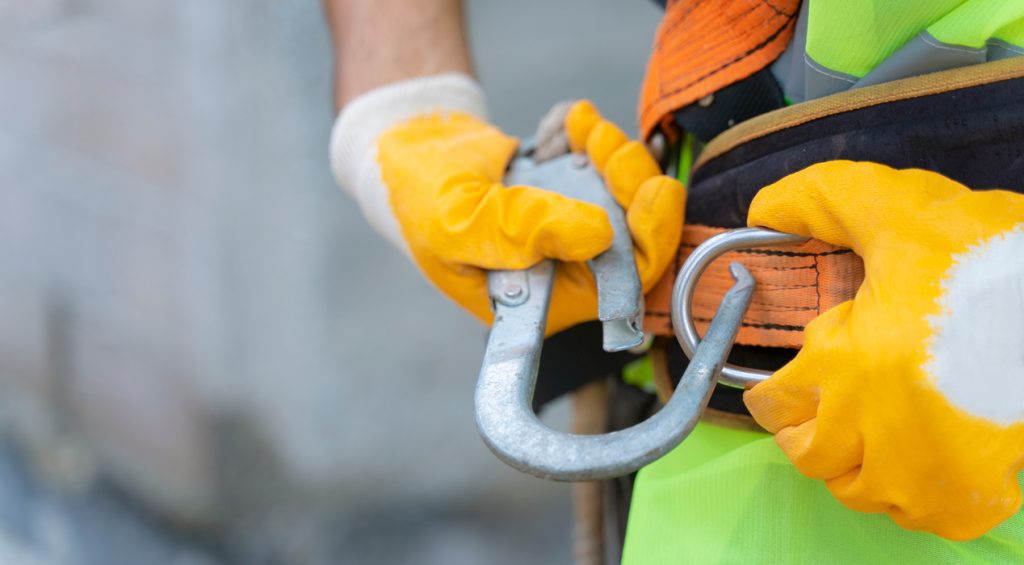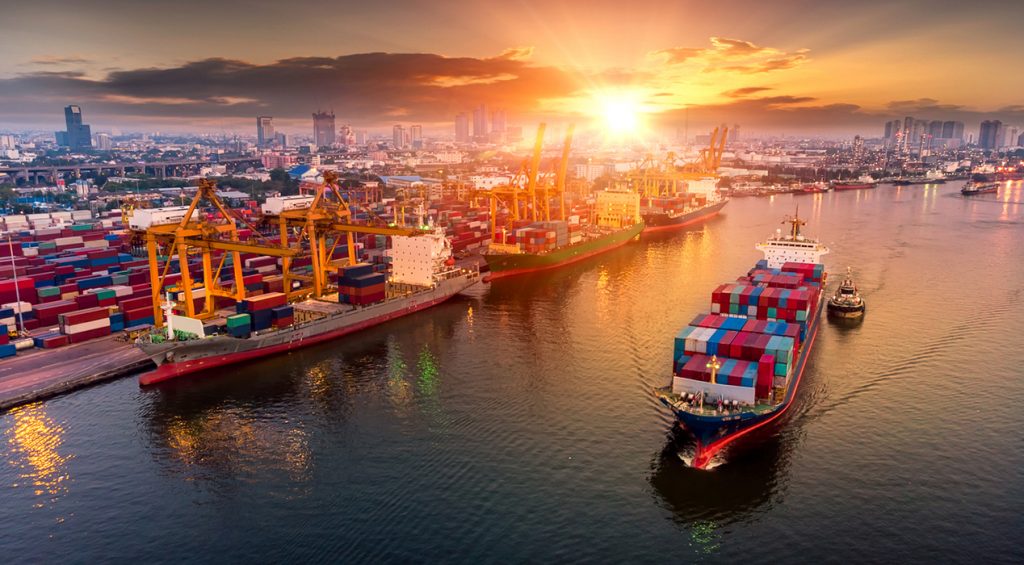8 Types of Construction Insurance to Protect Your Business, Property and Job

Construction is an inherently risky business involving heights, heavy equipment, high voltage systems, power tools and other hazards. These can expose construction firms, subcontractors, developers, property or project owners and professionals to legal liability and jeopardize project completion. In this industry, insurance is a must.
What Is Construction Insurance?
Construction Insurance is a broad term that describes several types of insurance policies that contractors, project owners and individuals can obtain to protect themselves during the various phases of construction projects.
Construction insurance offers substantial protection against a variety of risks associated with construction projects, such as property damage, workplace injuries, materials in transit and mistakes.
Is Construction Insurance Required?
In many cases, construction insurance is not only advisable or necessary, but required. For example, commercial auto insurance is required by law in all states, and workers’ compensation insurance is required in all states but Texas.
Many construction contracts require companies to carry coverage that protects the various insurable aspects of a construction project.
Following is a quick guide to the top eight types of construction insurance policies.
Types of Construction Insurance
1. Commercial & Contractor General Liability Insurance
Commercial and contractor general liability (CGL) insurance protects businesses that contract construction work by providing liability protection in case of bodily harm or property damage during the course of business. CGL is accessible to general contractors, specialty/trade contractors (plumbers, electricians, etc.), developers and property owners. Contractors or developers may be required by law or contract to have a minimum level of liability insurance.
Covered:
- Faulty workmanship
- Job-related injuries
- Advertising injury/defamation
Not covered:
- Damages that result from professional negligence
- Costs to repair defective work
Read also: How to create a reliable budget for a commercial and industrial construction Project
2. Builder’s Risk Insurance
Builder’s risk insurance, also known as course of construction insurance (COC), is a type of property insurance that protects buildings and other structures while they’re under construction. It generally covers property when damaged by fire, weather, explosions, vandalism and other unexpected events. Some policies cover construction materials stored off-site and cleanup costs. Coverage ends when the project is complete.

Who needs builder’s risk insurance?
- Building owners
- Architects and engineers
- Contractors and subcontractors
- Lenders
Covered:
- Structure or building
- Building materials
- Foundations
- Temporary structures (scaffolding, etc.)
- Equipment
- Paving, fencing, outdoor fixtures
- Lawns, trees and other plants installed by the builder
Depending on the policy, builder’s risk insurance may also cover cover soft costs such as:
- Lost sales
- Rental income
- Additional interest on loans
- Real estate taxes
Not covered:
- Employee theft
- Damage from earthquakes or flooding (unless added to policy)
- Voluntary cessation of work
- Work vehicles
- Manufacturing defects
- Damage due to faulty design
- Workmanship and materials
- Ordinary wear and tear
- Acts of terrorism or war
- Rust and corrosion
- Mechanical breakdowns
- Damage that occurs after a project is finished
3. Errors & Omissions Insurance / Professional Liability Insurance
Errors and omissions insurance (E&O), also known as professional liability insurance, is a type of insurance policy that covers errors in design or value engineering that can have a financial impact on a construction project. For example, if an engineer makes an error when calculating the structural requirements for a building that later requires costly repairs, the owner might sue the engineer to recover the costs.
E&O can also cover trade contractors such as carpenters, electricians, painters, plumbers and heating and air conditioning technicians for damage resulting from faulty workmanship.
Covered:
- Failure to deliver promised services
- Negligence in providing services
- Errors and oversights
4. Inland Marine Insurance
Inland marine insurance covers property during transport—whether in transit, property that is itself mobile (such as construction equipment) or property in the custody of a storage facility or repair operation. In construction, it generally protects tools and equipment–such as drills, excavators, forklifts, cranes and computer hardware–from damage or theft while in transit to a job site or damage from fire or natural disaster while deployed to a job site. Inland marine insurance can be included in builder’s risk insurance policies for under-construction buildings.
Covered:
- Contractor’s tools, equipment, clothing and supplies (hammers, drills, generators, electric saws, wood, drywall)
- Mobile equipment (excavators, forklifts, loaders, cranes)
- Leased or borrowed equipment (leased tools or mobile equipment like electric generators and forklifts)
- Computer equipment and data (laptops, tablets, private project data)

5. Contractor License Bonds
A contractor license bond guarantees that a contractor will comply with all pertinent regulations and complete a project. The main difference between bonds and insurance policies is that although contractors buy the bonds, these protect the general public and anyone with whom the contractors do business. If a builder fails to deliver the promised work, the bond covers the losses to the employer.
Types of construction bonds:
- Bid bonds
- Performance bonds
- Payment bonds
- Maintenance bonds
- Subdivision bonds
- Site improvement bonds
- Supply bonds
Read also: 7 tips for hiring the best general contractor for your project
6. Commercial Auto/Truck Insurance
Commercial auto insurance provides coverage for vehicles used by businesses, including cars, large trucks, work vans, dump trucks, trailers and heavy equipment handled by construction companies. Commercial truck insurance, a subtype of commercial auto insurance, also offers cargo coverage, general liability coverage and downtime coverage, among other options.
Most states require registered work vehicles to have a commercial auto policy with minimum levels of bodily injury and property damage liability coverage. Personal auto insurance policies usually exclude accidents caused by business vehicles, so personal and commercial policies should be kept separate.
Covered:
- Liability
- Bodily injury
- Physical damage
- Medical payments
- Uninsured motorists
Types of construction vehicles covered:
- Pickup trucks
- Dump trucks
- Flatbed trucks
- Cement mixers
- Pump trucks
- Bucket trucks
- Straight trucks
- Auto hauler trailers
- Dry freight trailers
- Flatbed trailers
- Utility trailers
- Bulk commodity trailers
- Concession trailers
- Dry freight trailers
- Dump body trailers or transfer boxes
- Pole trailers
- Refrigerated dry freight trailers
- Tank trailers
7. Workers’ Compensation Insurance
Workers’ compensation insurance, also known as workers’ comp or workman’s compensation, is insurance coverage designed to protect businesses and contractors when their employees are injured while on the job. Most states require workers’ comp insurance to protect employees from lost wages and medical expenses that result from job-related injuries and to protect companies from lawsuits related to those injuries.
Covered:
- Medical expenses
- Physical therapy
- Missed wages during recovery
- Ongoing recovery costs related to an injury
- Legal defense
- Court costs
- Funeral costs and death benefits

Final Thoughts
Construction jobs are among the riskiest in the world. Therefore, builders, developers, property owners and professionals involved in construction projects need well-structured insurance policies to protect themselves, those who work for them and the general public.
For more information, give us a call at 787-287-3540 or contact us at generalcontractor@cic-pr.com.
